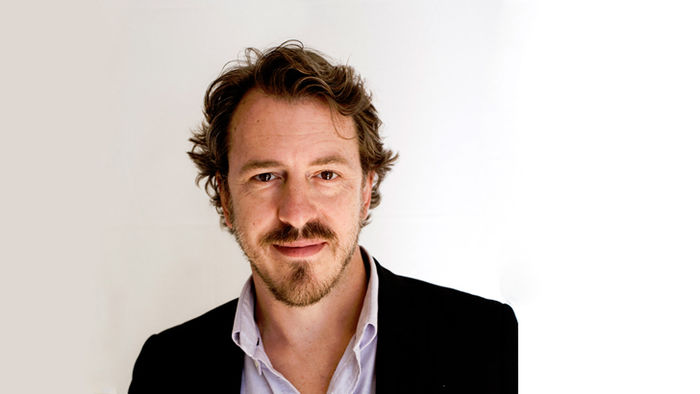Meet the man who gave up power, coffee and toilet paper
By Susan Hely
How far does your green plan go?
Colin Beavan went all the way in cutting his carbon footprint.
For a year he gave up shopping for anything other than organically grown food from within a 160-kilometre radius of his New York city home.
Beavan, his wife Michelle and their two-year-old daughter Isabella set out to produce no rubbish, use no paper and avoid all carbon-fuelled transportation.
These city slickers, who used to get their coffee and doughnuts delivered every morning, enjoyed designer clothes and ate out regularly, embarked on a "no-impact year" that included turning off the power in their apartment, giving up television, coffee, toilet paper and much more. See noimpactman.com and the documentary No Impact Man.
I've rarely heard of anything quite so radical - except some alternative-lifestyle hippies in the 1970s who went bush.
Beavan shows it's possible to live a deep-green lifestyle in the confines of an urban high-rise apartment - from which he had to run a cable connecting a solar panel on the roof to power his computer, in order to write a blog of the 12-month experiment.
Most people I know have an ongoing plan to lead a green lifestyle and have found that cutting back on consumption saves money too.
More people are switching to organics to reduce pesticide use. More people are using a car less often and finding it improves their fitness.
Here are some green resolutions you might consider for the year ahead.
1. Buy less stuff and learn to live with less. Declutter and sell, give to charities or throw away.
2. Drive less - even if it is one day each week - use public transport and walk more. Try car pooling with your neighbours or colleagues that live nearby.
3. Start saving now for more energy efficient devices and take advantage of government incentives to install alternative energy sources. Join the throng of Australians who have embraced solar hot-water systems, solar voltaic cells to power their houses, insulation, and water-efficient washing machines.
4. Be more energy efficient: Turn off electrical equipment when it's not in use. Standby power accounts for up to 10% of household energy use, Energy Australia says. Home office and entertainment appliances are the worst offenders. Computers with a sleep mode consume 15 watts or less power, which is about 70% less electricity than a computer without power-management features.
5. Use recycled paper in the home printer and, yes, recycled toilet paper and paper towels. Overall, recycling paper uses about 60% less energy than making paper from new materials. A tonne of paper made from recycled fibre saves about 31 trees, 4000 kilowatt hours of electricity and up to 26,500 litres of water.
6. Australians spent about $500 million on bottled water in 2008, a 10% increase on 2007. Drink free from the tap and carry water in an easy-to-wash steel thermos instead of a plastic bottle.
7. Take your own shopping bags to the supermarket with you.
8. Buy what you will actually eat. The equivalent of one in every seven food shopping bags gets tossed out. Greenhouse gases produced by rotting organic waste in landfill equals the total emitted by the Australian airline industry.
9. Grow your own. It's easy to put in a vegie patch or buy some pots and grow salad greens, tomatoes and herbs.
10. Seriously consider keeping chickens. More people have chooks in their backyards - easy to look after and they eat slugs and snails. And there's the eggs!
Get stories like this in our newsletters.



